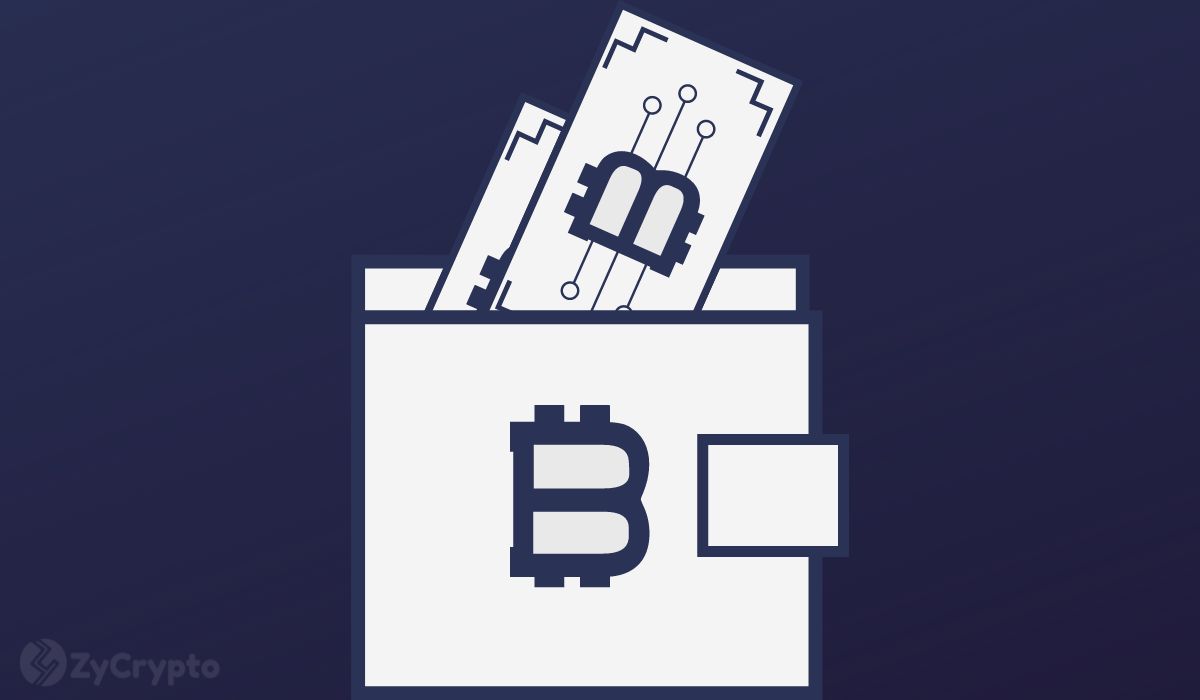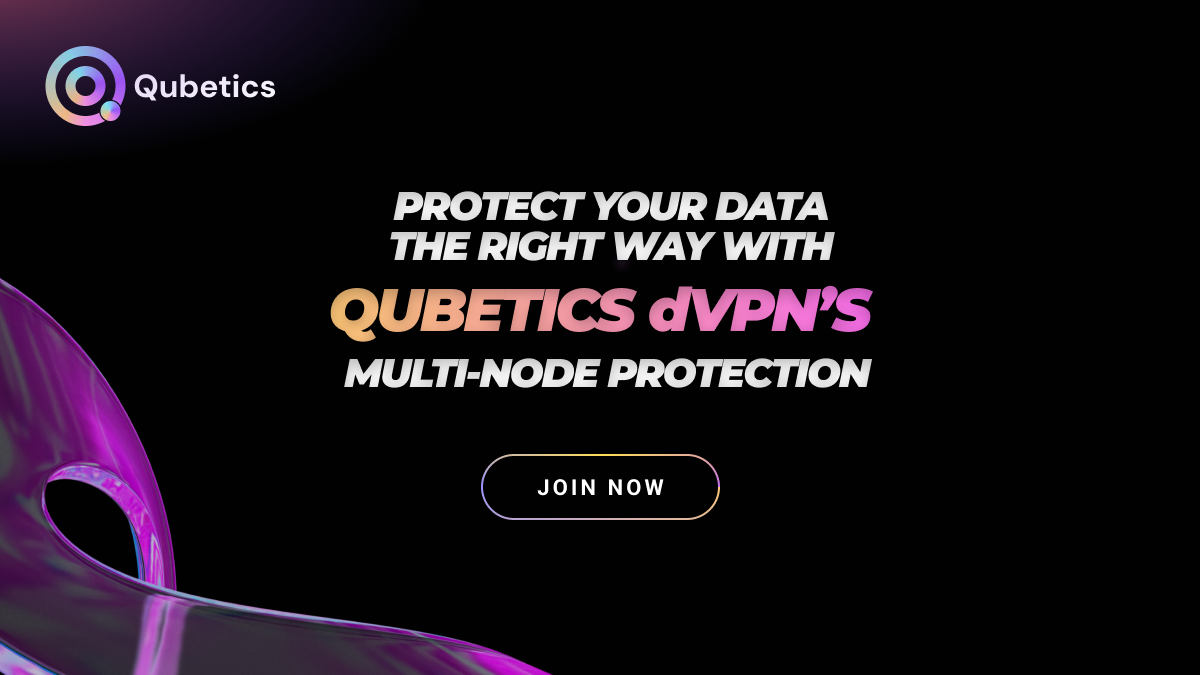ARTICLE AD BOX
The following is a guest post from Ian Kane, Head of Partnerships at Midnight Network.
In today’s globalized economy, supply chain transparency is paramount. Consumers demand to know the origin of their products, regulatory bodies require stringent compliance, and companies need to ensure the integrity of their supply chains. Traditional methods of managing and verifying supply chains are often cumbersome, opaque, and prone to fraud.
Enter blockchain technology and Zero-Knowledge Proofs (ZKPs), which offer innovative solutions for enhancing transparency while maintaining privacy and security. This article explores the transformative potential of Zero-Knowledge Proofs in supply chain transparency and why this technology is crucial for the future.
Understanding Zero-Knowledge Proofs
Zero-Knowledge Proofs are cryptographic protocols that allow one party (the prover) to prove to another party (the verifier) that a certain statement is true without revealing any additional information. This revolutionary concept ensures privacy and security, making it an ideal solution for various applications, including supply chain management.
Key Properties of Zero-Knowledge Proofs
- Completeness: If the statement is true, an honest prover can convince the verifier of its truth.
- Soundness: If the statement is false, no dishonest prover can convince the verifier otherwise.
- Zero-Knowledge: If the statement is true, no additional information about the statement is revealed to the verifier.
The Importance of Supply Chain Transparency
Supply chain transparency involves the complete visibility of all processes, from raw material sourcing to the final delivery of products. It ensures that every step is documented, verified, and accessible to stakeholders. Transparency is crucial for several reasons:
- Consumer Trust: Consumers are increasingly concerned about the ethical and environmental impact of their purchases. Transparency builds trust and loyalty.
- Regulatory Compliance: Governments and regulatory bodies require detailed documentation and verification of supply chain processes to ensure compliance with laws and standards.
- Risk Management: Transparent supply chains help identify and mitigate risks such as fraud, counterfeiting, and quality control issues.
- Sustainability: Transparency supports sustainable practices by allowing companies to track and verify the origin of materials and the environmental impact of their processes.
How Zero-Knowledge Proofs Enhance Supply Chain Transparency
Zero-Knowledge Proofs enhance supply chain transparency by enabling secure and private verification of supply chain data. Here are several ways ZKPs can be applied to supply chain management:
Verifiable Claims Without Disclosing Details
In supply chains, sensitive information such as proprietary processes, trade secrets, and personal data must be protected. ZKPs allow companies to prove the validity of claims without disclosing the underlying details.
Use Case: Ethical Sourcing
A company can prove that its raw materials are sourced ethically (e.g., no child labor or environmental harm) without revealing the exact location or specific details of suppliers. This ensures compliance with ethical standards while maintaining supplier confidentiality.
Secure Audits and Compliance
Regular audits are necessary to ensure supply chain integrity and compliance with regulations. ZKPs enable secure and private audits by allowing auditors to verify compliance without publicly exposing sensitive data.
Use Case: Regulatory Compliance
A company can prove to regulators that it complies with environmental regulations, labor laws, and other standards without revealing proprietary business information. This streamlines the audit process and protects business confidentiality.
Anti-Counterfeiting and Product Authentication
Counterfeiting is a significant problem in many industries, leading to financial losses and reputational damage. ZKPs can help verify the authenticity of products without revealing proprietary information.
Use Case: Luxury Goods
A luxury goods manufacturer can prove the authenticity of its products throughout the supply chain, ensuring that consumers receive genuine items. This verification process can be done without disclosing manufacturing techniques or supplier details.
Streamlined and Secure Data Sharing
Supply chains involve multiple stakeholders, each requiring access to specific information. ZKPs enable secure and selective data sharing, ensuring that only necessary information is disclosed to each party.
Use Case: Logistics and Shipping
Logistics providers can prove that shipments have passed through specific checkpoints and met required conditions (e.g., temperature control) without revealing detailed shipment logs. This ensures the integrity of the logistics process while protecting sensitive data.
Real-World Applications of Zero-Knowledge Proofs in Supply Chain Transparency
Several projects and platforms are already leveraging Zero-Knowledge Proofs to enhance supply chain transparency. Let’s explore some notable examples.
Midnight Network
Midnight Network addresses the balance between transparency and confidentiality in blockchain transactions. The network integrates Zero-Knowledge Proofs (ZKPs) and other advanced cryptographic techniques to ensure data protection while maintaining the integrity and security of the blockchain. This makes it particularly suitable for applications requiring high levels of data protection, such as financial services, healthcare, and supply chain management.
The Midnight Network also emphasizes regulatory compliance and enterprise adoption. By allowing selective disclosure of transaction details, it provides a flexible framework for businesses and institutions to operate within legal requirements without compromising on privacy. Its robust infrastructure is designed to support a wide range of decentralized applications (dApps) and smart contracts, making it a versatile platform for developers.
IBM Food Trust
IBM Food Trust is a blockchain-based platform that enhances supply chain transparency in the food industry. By leveraging ZKPs, IBM Food Trust allows stakeholders to verify the authenticity and safety of food products without disclosing sensitive information about suppliers and processes.
VeChain
VeChain is a blockchain platform that provides supply chain solutions for various industries. VeChain uses ZKPs to enable secure and private verification of supply chain data, ensuring transparency while protecting proprietary information.
Everledger
Everledger is a blockchain-based platform that tracks and verifies the provenance of high-value assets such as diamonds, wine, and art. By using ZKPs, Everledger ensures the authenticity and ethical sourcing of these assets without revealing sensitive details about the supply chain.
The Future of Supply Chain Transparency with Zero-Knowledge Proofs
The integration of Zero-Knowledge Proofs into supply chain management is still in its early stages, but the potential is immense. As the technology matures, we can expect to see more innovative applications and widespread adoption.
Enhanced Privacy Solutions
Future supply chain systems will likely incorporate advanced ZKP-based privacy solutions, ensuring that sensitive information remains confidential while providing necessary transparency.
Greater Interoperability
Interoperability between different supply chain systems and platforms is essential for seamless operations. ZKPs can facilitate secure and private interactions between different stakeholders, enhancing the interconnectedness of supply chains.
Regulatory Compliance
As supply chain transparency becomes more important, regulatory scrutiny will increase. ZKPs can help strike a balance between privacy and compliance by enabling confidential verification that still meets regulatory requirements. This will be crucial for the mainstream adoption of ZKP-based supply chain solutions.
Improved Efficiency and Trust
The use of ZKPs in supply chain management can streamline verification processes, reduce costs, and enhance trust among stakeholders. This improved efficiency and trust will attract more companies to adopt blockchain-based supply chain solutions.
Challenges and Considerations
While Zero-Knowledge Proofs offer immense potential for supply chain transparency, there are challenges and considerations to keep in mind.
Computational Complexity
ZKPs are computationally intensive, requiring significant resources for generating and verifying proofs. Ongoing research and development are focused on optimizing these processes to make ZKPs more efficient and scalable.
Trusted Setup
Some ZKP schemes, like zk-SNARKs, require a trusted setup, which involves generating cryptographic parameters securely. This setup phase can be a potential vulnerability if not conducted properly. zk-STARKs address this issue by eliminating the need for a trusted setup.
Usability and Integration
Integrating ZKPs into existing supply chain systems can be complex. Ensuring seamless usability and integration will be crucial for the widespread adoption of ZKP-based solutions.
Education and Awareness
The concept of Zero-Knowledge Proofs can be challenging to understand for non-technical stakeholders. Increasing education and awareness about ZKPs and their benefits will be essential for driving adoption.
Conclusion
Zero-Knowledge Proofs are set to play a pivotal role in the future of supply chain transparency by providing secure, private, and scalable solutions. As the technology continues to evolve, we can expect to see enhanced privacy, improved interoperability, and greater regulatory compliance in supply chain systems.
While challenges remain, the potential benefits of ZKPs make them a key component of the next generation of supply chain management. By addressing privacy and security concerns, Zero-Knowledge Proofs will pave the way for a more transparent, efficient, and trustworthy supply chain landscape.
The post Beyond Privacy: Zero-knowledge applications in supply chain transparency appeared first on CryptoSlate.
.png)
 6 months ago
3
6 months ago
3








 English (US)
English (US)